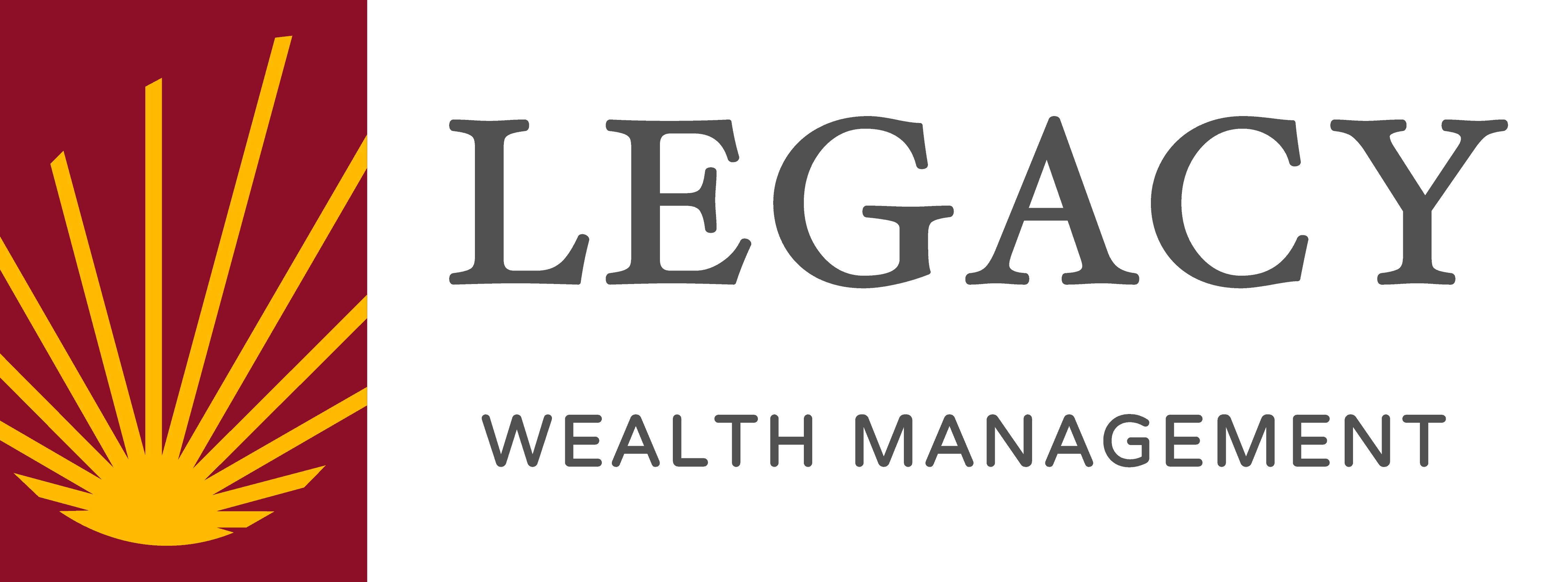As retirement approaches, many of the questions you once answered with certainty can start to feel less clear. One of the biggest? Whether it still makes sense to own your home, or if renting might be the better move for your lifestyle and financial picture. It’s not just a housing question. It’s a retirement strategy question. And like most things in retirement, there’s no one-size-fits-all answer.
At Legacy Wealth Management, we’ve worked with countless individuals and families who are approaching retirement, and we know firsthand that for many in their late 50s or early 60s, priorities shift. Flexibility may matter more than square footage. Peace of mind may matter more than home maintenance.
So, is it better to rent or own in retirement? Let’s explore the trade-offs.
The Case for Staying Put
If your home is paid off or close to it, staying in your current home might offer a sense of stability that’s hard to beat. You’ve built equity, you know your neighbors, and you likely have strong emotional ties to the place.
From a financial standpoint, owning outright means no rent or mortgage payments are required. That’s a significant advantage when you’re living on a fixed income and trying to control monthly costs. Property taxes, insurance, and maintenance don’t disappear, of course, but they’re generally more predictable than fluctuating rent payments.
And if your home has appreciated in value, it can also serve as a source of liquidity if you ever need it, via downsizing, a reverse mortgage, or a home equity loan.
When Renting Makes Sense
Still, ownership isn’t always the clear winner.
If you’re no longer interested in mowing the lawn, dealing with repairs, or worrying about market fluctuations, renting can offer a lifestyle upgrade. It’s also a smart way to test-drive a new location (maybe closer to the grandkids, or in a community better suited to your retirement goals) without making a long-term commitment.
Renting can also simplify your estate and cash flow. If you sell a highly appreciated home, you might unlock a significant amount of capital, particularly if you qualify for the home sale exclusion ($500,000 for married couples filing jointly, $250,000 for individuals). That money could then be reinvested to generate retirement income, support charitable giving goals, or provide a cushion for future care needs.
And don’t forget, selling your home can reduce the financial risks that come with homeownership, from unexpected repairs and property tax increases to declining local real estate values.
Key Questions to Consider
There’s no universal answer but here are some questions we often walk through with our clients:
- Is your current home still a good fit for your lifestyle, health needs, and budget?
- What are the long-term maintenance costs of your home, and how do they compare to rent?
- How would a home sale impact your tax situation and estate plan?
- Do you want the flexibility to relocate in the future? Or would you prefer to age in place?
- Would selling your home allow you to better fund your retirement goals or reduce financial anxiety?
Bottom Line: Start with Your Plan, Not the Property
The decision to rent or own in retirement isn’t just about housing. It’s about aligning your living situation with your financial goals, personal needs, and vision for the years ahead.
At Legacy Wealth Management, we help individuals and families think through these trade-offs with intention because we understand that your home is more than just a place to live. It’s a piece of your larger retirement puzzle. And like every other piece, it deserves careful planning and expert guidance.
Thinking about a change in your living situation as you approach retirement? Let’s talk. We’ll help you weigh the pros and cons and make a move that fits your future.







